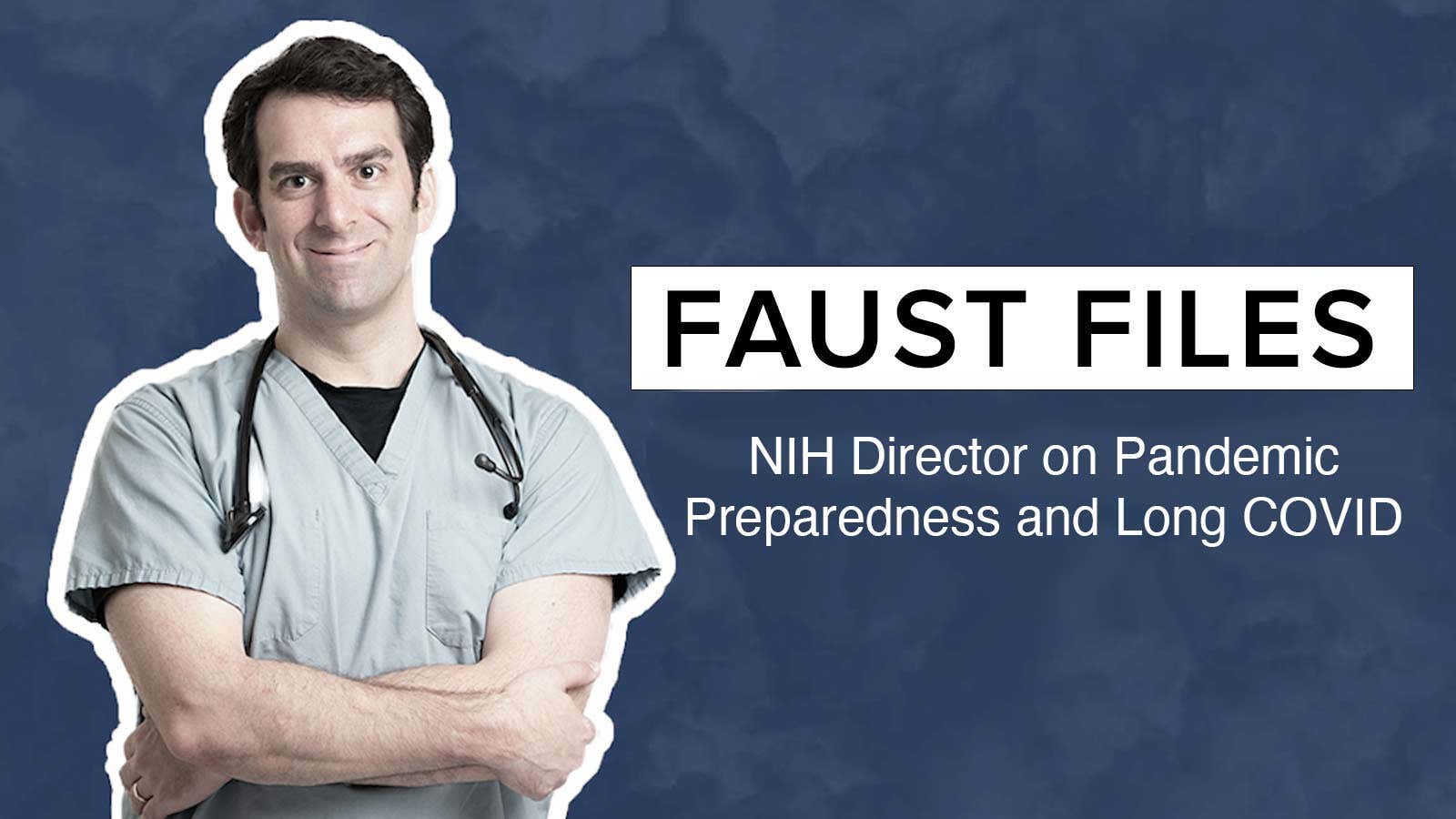- cross-posted to:
- usa@lemmy.ml
- cross-posted to:
- usa@lemmy.ml
lol, so obviously if there's another pandemic the US is fucked, but that's not what I'm sharing this for. Here's the interesting stuff:
Faust: And in terms of long COVID, everyone always asks about this, there's a lot of funding. Where do you see this headed in the next few years?
Bertagnolli: It's a terrible, terrible condition. Post-infectious, chronic post-infectious syndromes have been around as long as there've been viruses in humans and it is a really, really terrible affliction when someone develops one of these conditions. COVID has introduced a whole new level of this in our society. The fundamental biology that's been conducted by the long COVID research team is really fascinating but also sobering. The agent can live for a long time in tissues. It can surround nerve cells, probably likely one of the ways that it produces some of its terrible symptoms such as the dysautonomia. And we have no effective way of eradicating it. Not yet.
One thing that's important though that's come out of several meta-analyses is there is a way to prevent it. And the way to prevent it is vaccination, and multiple vaccination is better than single to prevent long COVID.
Faust: I just want to follow up on something you said a moment ago about where this virus can be found in tissues. Are you suggesting that long COVID is actually, the mechanism of that, is persistent live virus in humans?
Bertagnolli: We see evidence of persistent live virus in humans in various tissue reservoirs, including surrounding nerves, the brain, the GI [gastrointestinal] tract, to the lung.
Faust: OK. And you're saying this goes beyond the PCR's [polymerase chain reaction test] ability to get it in a regular swab so that we are missing chronic cases of SARS‑CoV‑2?
Bertagnolli: Correct. The virus can persist in tissues for months, perhaps even years.
Faust: OK. I think that's certainly one theory, but I'm not sure that that's settled. Is that fair? I mean, there's one thing between people who are autopsy, they died of viral sepsis, as opposed to people walking around. Is there a distinction there?
Bertagnolli: Our emerging data shows that the virus can persist into tissues in the long term, and I think that's really critical because it does help us think about possible ways to combat it, one being better antivirals. I think there's a lot of focus on developing new antivirals as a possible way of preventing long COVID, and the other might be more aggressive treatment with antiviral therapy upon initial diagnosis.
Faust: If that's the case, then it could be reactivated just like herpes is and shingles. Are we going to start seeing people get COVID not from infection, but from themselves in reactivation?
Bertagnolli: I don't believe I've seen or heard of any instance of that, and I don't think you can ever assume that one virus is going to act like another. Certainly every virus that we know of seems to have a different effect in the body long term.
Fun, fun, fun!



That response is infuriating. To not even be aware of precarious minimum wage jobs. And to say that presumably right around the same time CDC gave out their new "isolation" recommendation of "just go back after 1 day lmao who cares praise Nurgle".
There's definitely something interesting to be said about the class character of doctors (especially specialists inc psychologists) in the US. So many run their own practices which makes them petit bourg, and have the exact type of brainworms you'd expect.